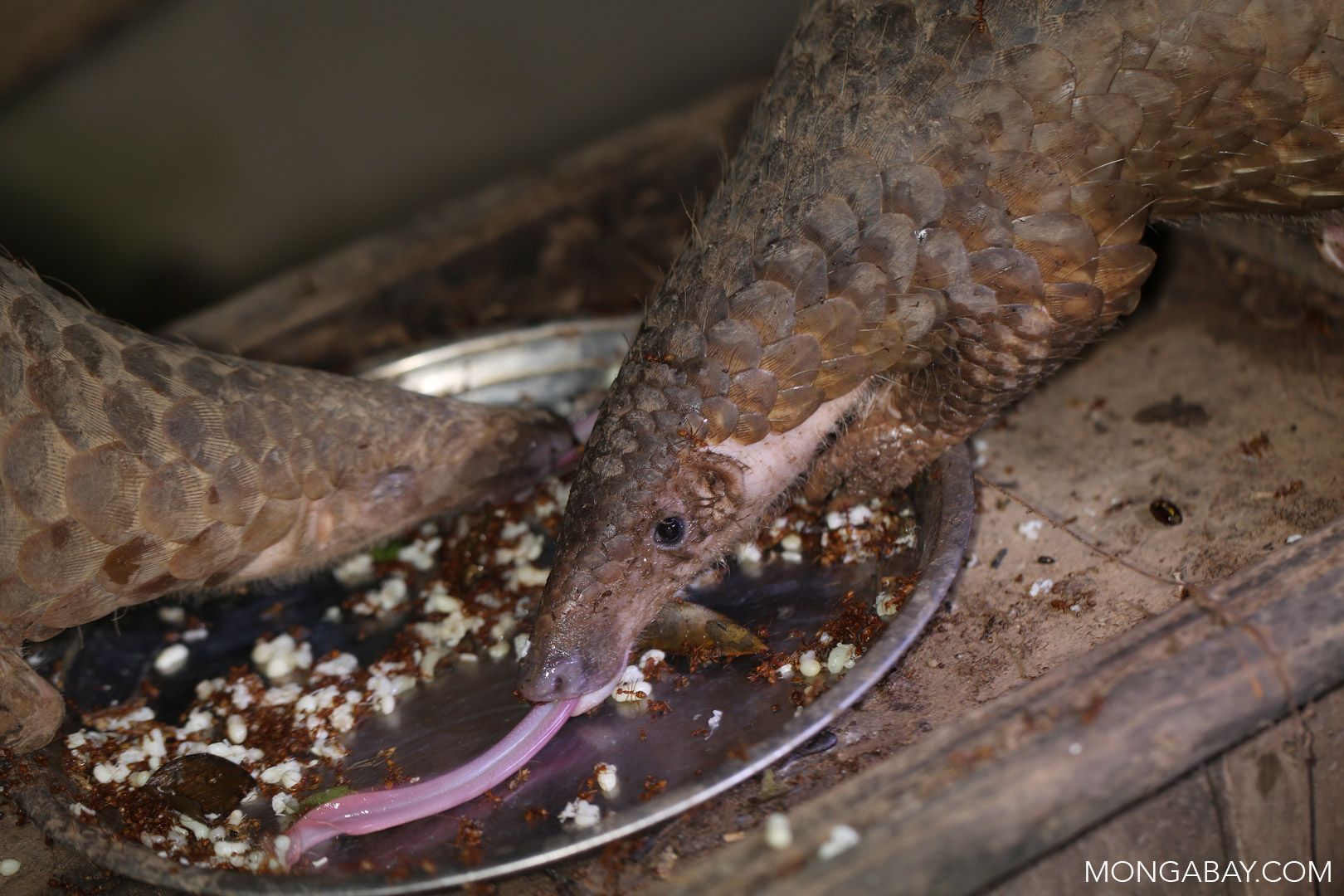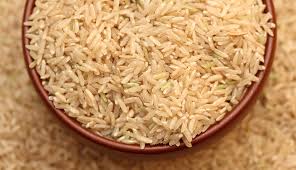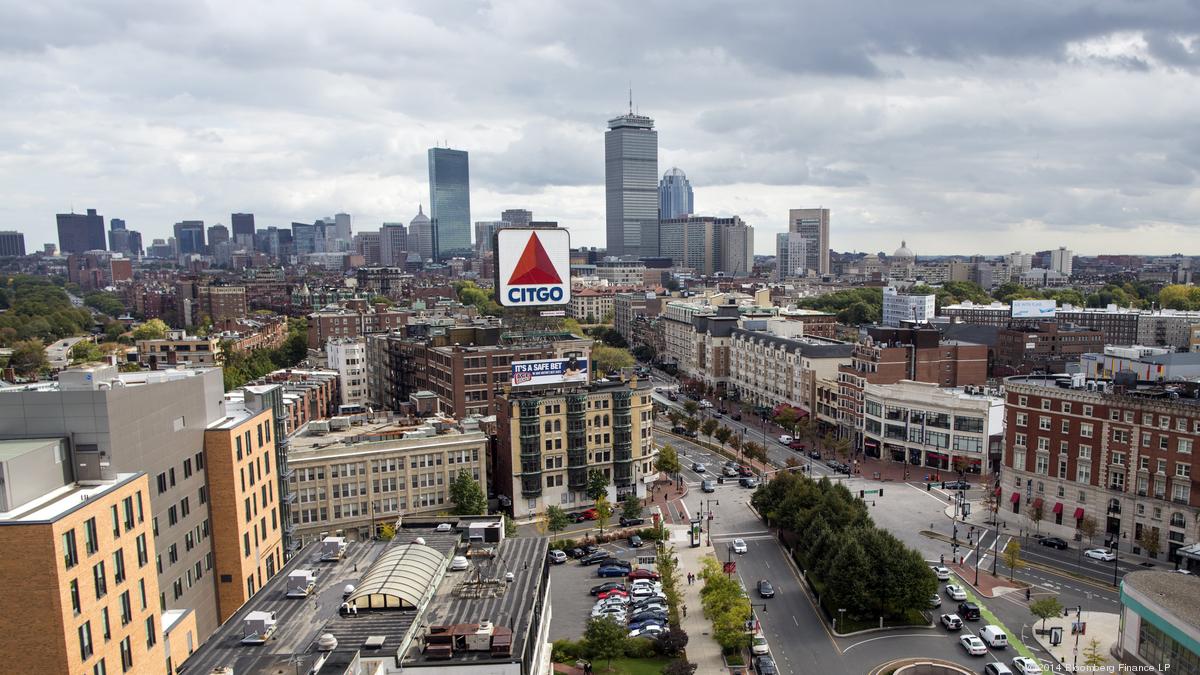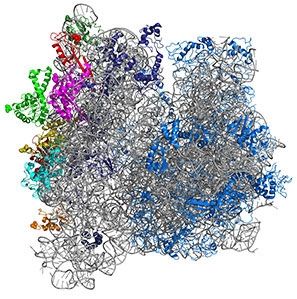Page 11053
Jul 13, 2016
Illegal wildlife trade in Asia decimating species, warn scientists
Posted by Karen Hurst in category: futurism
Scientists criticize themselves for failing to do more to respond to Asia’s booming wildlife trade.
Jul 13, 2016
Human genes engineered into GMO rice have being grown in Kansas
Posted by Karen Hurst in categories: biotech/medical, food
Ready for the strange? Here you go.
If you aren’t already purchasing organic or GMO-free rice, you should be. Rice that has been engineered with actual human genes is on its way to a supermarket near you. In Junction City, Kansas, this human gene-tainted rice is being grown on 3,200 acres by the biotechnology company Ventria Bioscience.
Ventria began cultivating this rather horrifying product in 2006 with human liver genes. What exactly was the purpose of this, you ask? Their intention was to harvest the artificial enzymes produced by the rice and use them in pharmaceuticals. Ventria has taken one of the most widely grown and consumed crops and turned it into the base for new prescription drugs — all with USDA approval, of course.
Continue reading “Human genes engineered into GMO rice have being grown in Kansas” »
Jul 13, 2016
Viruses revealed to be a major driver of human evolution
Posted by Karen Hurst in categories: biotech/medical, evolution
The constant battle between pathogens and their hosts has long been recognized as a key driver of evolution, but until now scientists have not had the tools to look at these patterns globally across species and genomes. In a new study, researchers apply big-data analysis to reveal the full extent of viruses’ impact on the evolution of humans and other mammals.
Their findings suggest an astonishing 30 percent of all protein adaptations since humans’ divergence with chimpanzees have been driven by viruses.
“When you have a pandemic or an epidemic at some point in evolution, the population that is targeted by the virus either adapts, or goes extinct. We knew that, but what really surprised us is the strength and clarity of the pattern we found,” said David Enard, Ph.D., a postdoctoral fellow at Stanford University and the study’s first author. “This is the first time that viruses have been shown to have such a strong impact on adaptation.”
Continue reading “Viruses revealed to be a major driver of human evolution” »
Jul 13, 2016
4 cyberattacks in 1 year make British rail network potential commuter deathtrap
Posted by Karen Hurst in category: cybercrime/malcode
Yikes.
Britain’s railway network is notoriously overpriced, overcrowded, and experiences frequent delays. Now cyberattacks are threatening to turn the morning commute into a deathtrap as well.
The world’s oldest railway system has been the victim of four major cyberattacks in the past year alone, security experts claim.
Continue reading “4 cyberattacks in 1 year make British rail network potential commuter deathtrap” »
Jul 13, 2016
Report shows Boston’s ‘brain drain’ is worse than you think
Posted by Karen Hurst in category: futurism
I can assure you for each person leaving Boston; there are at least 1 to 3 people leaving SV for places like NYC, Austin, Memphis, NC, and Boston due to the appeal of SV has worn off.
The “ Scoring Tech Talent” report shows that Boston has the largest brain drain out of 40 cities in the country, with more than 17,200 people with tech-focused degrees having left the city between 2011 and 2015.
Jul 13, 2016
DNA Origami Used To Create A Miniaturized Version Of Van Gogh’s ‘Starry Night’
Posted by Karen Hurst in categories: biotech/medical, computing, nanotechnology
The researchers say that the monochrome painting — a dime’s width across — is a proof-of-concept that the extremely precise technique can be used to build nanoscale chip-based devices like computer circuits, conductive carbon nanotubes, and for extremely efficient targeted drug delivery.
In order to reproduce the painting, the researchers used a technique first described by Rothemund and colleagues at IBM in 2009. The first step of the process involves folding DNA strands to create the desired shape, with short “staple strands” being used to literally staple the molecules. Then this pattern, which, at this stage, is floating in a saline solution, is poured into patches on a chip whose shapes match the DNA origami’s.
The folded DNA now acts as scaffolding onto which researchers then install fluorescent molecules inside microscopic light sources called photonic crystal cavities (PCC) — much like putting light bulbs into lamps.
Continue reading “DNA Origami Used To Create A Miniaturized Version Of Van Gogh’s ‘Starry Night’” »
Jul 13, 2016
Quantum is Coming
Posted by Karen Hurst in categories: computing, encryption, quantum physics
Google to run Chrome Canary experimentally for the next two years to address post-quantum cryptography.
Alphabet’s forthcoming Chrome Canary browser is just the “canary” in the coalmine—quantum computing is coming faster than you might think.
Jul 13, 2016
Can technology help fashion clean up its act?
Posted by Karen Hurst in category: economics
Tech making fashion industry cleaner and greener.
Suzanne Mancini, Rhode Island School of Design
Chemical waste, mass production and consumerism are all byproducts of an industrialized global economy.
Continue reading “Can technology help fashion clean up its act?” »
Jul 13, 2016
Repurposing the ribosome for synthetic biology
Posted by Karen Hurst in categories: bioengineering, biological, education, sustainability
Over the past several years, Northwestern Engineering’s Michael Jewett did the seemingly impossible. He overcame the critical barrier to making mutant ribosomes, the core catalyst in cells that are responsible for life.
Now, with funding from the Department of Defense’s Multidisciplinary University Research Initiatives (MURI) program, Jewett is ready to take this research to the next level. Along with a multi-school team, he plans to use engineer and repurpose the ribosome to make new kinds of polymers for flow batteries.
“We are in a new era of biomaterial design,” Jewett said. “So far, the ribosome has been this untouchable biomolecular machine — one that we couldn’t engineer or modify. Now, armed with recent advances in our ability to construct new versions, new applications may only be limited by our imagination.”
Continue reading “Repurposing the ribosome for synthetic biology” »


















